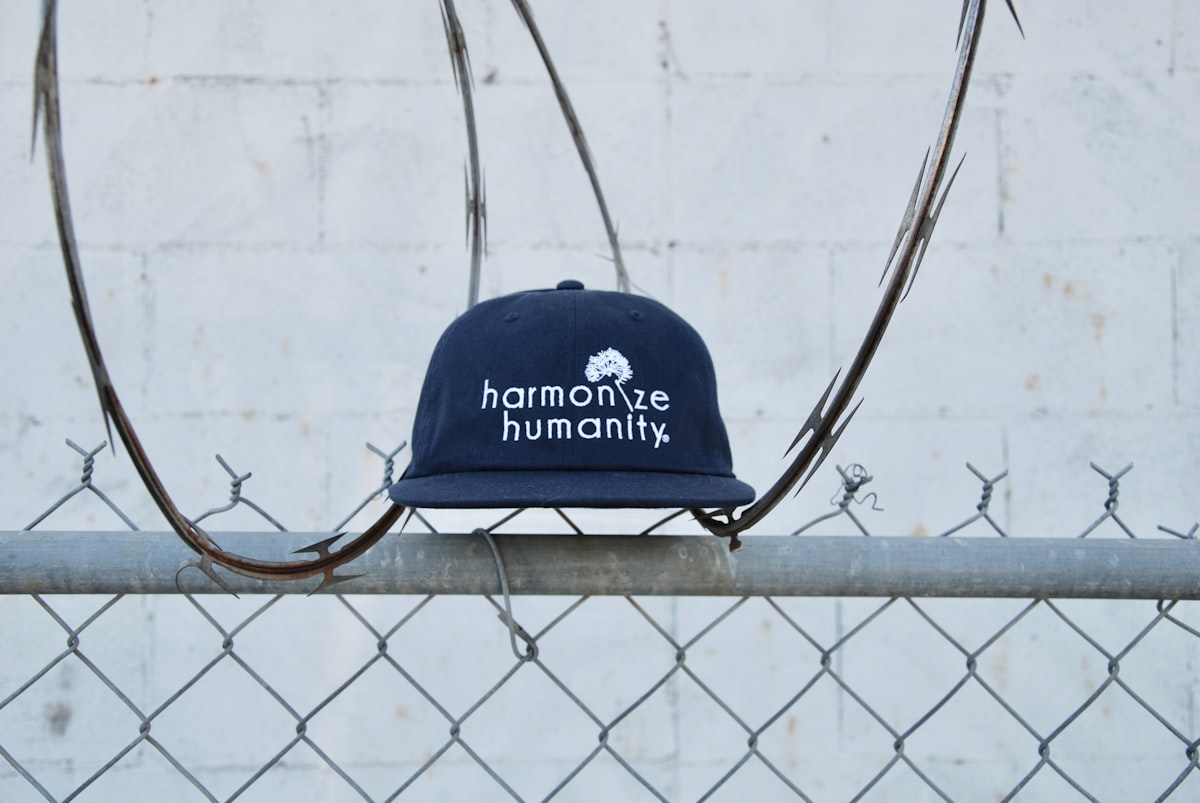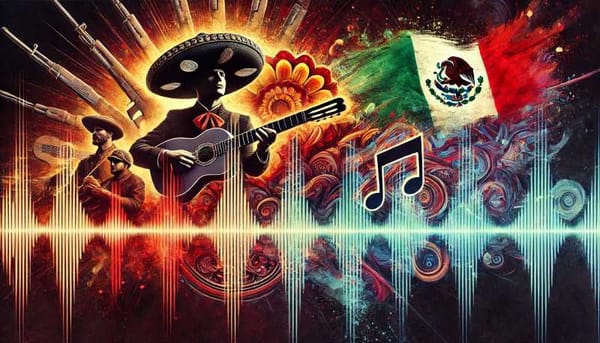Tolerance: easy to applaud, hard to practice
Tolerance is a human right that goes beyond respect and civilized reason must prevail. November 16 is International Day for Tolerance.

Tolerance is not practiced in our society; although in recent years we have improved, it continues to be a path full of many stumbles, and it has to do with the fact that many people translate it as "endurance" instead of considering it an understanding, says Cynthia Azucena Acosta Ugalde, an academic at the Faculty of Higher Education (FES) Acatlán.
For the United Nations, injustice, violence, discrimination, and marginalization are common forms of intolerance. Education is a key element in combating these forms of exclusion and helping young people to develop an independent attitude and ethical behavior. The diversity of religions, cultures, languages, and ethnicities should not be a source of conflict, but a richness valued by all.
The specialist in Social Inclusion and Gender exemplifies that the pandemic evidenced the lack of this quality of some people towards others: nurses, doctors, neighbors who do not use masks or those who exaggerate personal protection measures, but we do not know their circumstances. "To the extent that we realize that I have in front of me a human being just like me, we will be able to understand and be tolerant".
On the occasion of the International Day for Tolerance, which is commemorated on November 16, the university lawyer also considers that it is important to point out that this value or quality is a human right and goes beyond respect; it is about understanding that we are different. It has always been said that tolerance is easy to applaud, but difficult to practice and explain.
In this regard, Acosta Ugalde points out that society generally associates this word with a moral aspect. "While it is true that it is obviously about it, it is also real that it is a political and legal issue; it covers all areas of our lives, respect for thoughts, ideas, the way of seeing the lives of others; then we start from a respect".
For example, those who have other sexual preferences are criticized. Their "behavior seems wrong to me, their life is wrong, but I tolerate it, when that is not tolerance, it is worth recognizing that many find it difficult to process that others have different preferences than mine, but I understand that they have every right to do so, just as I have mine".
To the extent that we accept that they are human beings with guarantees just like us, we will be able to achieve it. But it is also necessary to highlight that it is becoming a fashion among the new generations who consider: "if we are not tolerant, we are not 'progressive', it is that the redneck is backward; we must also learn to be tolerant with young people who were educated in a different way than ours because we are in a process of re-education".
The university professor stresses the need to break down generational cultural barriers; young people see everything differently, something that adults over 50 find difficult to do.
During the confinement due to the health emergency, a process of intolerance was also unleashed, particularly towards women. This situation "allowed us to get to know each other as we are" because families lived in the same space 24 hours a day during the week; the serious thing is that it triggered violence and increased the number of women victims of violence, including children.
Another example is the electoral processes, during which there are moments of polarization in society. Families and friends end up fighting over their preference for a political party or a candidate, "and here again this lack of understanding is visible, I have every right to disagree with those who are related to a certain political figure, but civilized reason must prevail, because once the elections are over we will continue to live with the same people".
Acosta Ugalde believes that education is the basis to fight against intolerance towards others, their beliefs, culture, and opinions; for this, it is necessary to work with the generations from childhood, and stop discriminating, as well as mutual understanding between individuals, because in the end this negative attitude only indicates that we do not consider others as equals.
In 1995, the UN established the International Day for Tolerance and invited member countries to celebrate it with activities aimed at schools and the general public. And although 16 years after its commemoration is a short time to make humanity change, he suggested that this human right should be put into practice every day.
It is worrying that little is known about the date, the UN requested the nations of the world to make it more widely known, "something that is lacking in the country in all areas. Perhaps for this purpose, it would be necessary to implement a greater dissemination exercise such as the one carried out on 25N (International Day for the Elimination of Violence against Women); to that extent, the population will assume this information".




